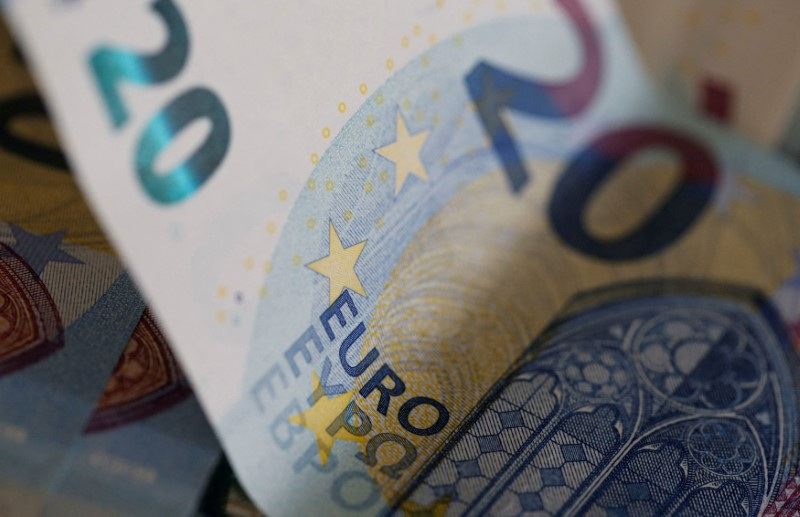The ruble collapsed due to new sanctions against Russia
2022.12.05 10:04
[ad_1]

The ruble collapsed due to new sanctions against Russia
Budrigannews.com – On Monday, the day that the long-awaited EU embargo on the import of Russian oil and oil products went into effect, the euro reached a five-month high against the.
By 09:15 ET (14:15 GMT), the euro had surpassed 66 rubles for the first time since late July. It had gained 2.1% amid a broad rebound helped by growing expectations that the Eurozone will avoid widespread energy rationing this year, despite the lack of both liquid fuels and natural gas from a country that was its biggest supplier up until this year.
Until recently, the EU had been importing up to 1 million barrels of oil from Russia per day, despite the fact that many importers had chosen to look for alternative supplies due to the negative image of Russia since its February invasion of Ukraine.
The bloc had to prepare for the step, which required significant adjustments, for months. Several refineries in Europe, including Schwedt in northeast Germany and others in Romania and Italy, either rely on Soviet-era infrastructure or have been technologically equipped to process Urals, Russia’s heavy, high-sulfur export blend.
The German government has entered into agreements with Poland to bring in alternative crude via upgraded pipelines that descend from Gdansk in order to safeguard supplies at Schwedt, the refinery that dominates the regional market around Berlin.
In the meantime, agreements have been reached by the Italian government to bring oil from Egypt to the ISAB refinery in Sicily, which is owned by Lukoil, the largest privately held oil company in Russia (MCX:). At the same time, the bloc has had a relatively trouble-free start to the winter heating season.
Generally mild temperatures in October and November allowed for continued injections into storage for a longer period of time than is typical, allowing the bloc to meet its goal of having full storage in advance.
When temperature-driven factors are taken into account, demand in Germany decreased by 21.8 percent from a year earlier last week.
Despite this, it seems highly unlikely that the embargo itself will immediately result in a significant increase in economic pressure on the Kremlin to alter course.
Dmitry Peskov, a spokesman for the Kremlin, told reporters on Monday that “the economy of the Russian Federation has all the necessary potential to fully meet the needs and requirements of the special military operation,” referring to Moscow’s war in Ukraine.”This will not be affected by these measures.”
Shipping via the East Siberia-Pacific Ocean pipeline is trading more in line with world prices than Russian exports from its westward-leading export routes on the Baltic Sea and Black Sea.
This reflects the fact that neither China nor India, the two largest Asian oil importers, have stated that they will not comply with a G7 effort to impose a price cap on Russian crude exports of $60 per barrel.
[ad_2]







